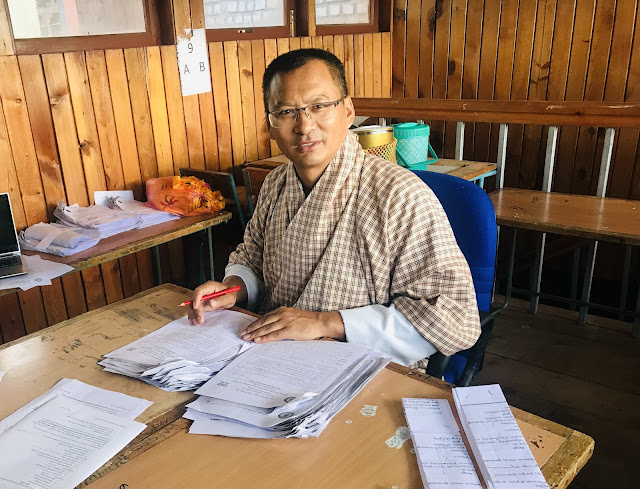There is a blunt truth why people leave for Australia, America or Canada, currently most to Australia.
While local research and data, news and noises tend to portray reasons for leaving to, workload, hierarchy, lack of amenities, work atmosphere, lack of incentives and recognition and many such, the hidden reason is the Dollar.
The blunt truth is that they who leave leave to make better income. The calculations and comparisons are on money they earn in a week what they earn in months here at home. I know several friends who have returned after their tryst in Australia, and I am compelled to envy them. They have life savings that I can’t make in a decade more also. They have better cars bought without loans. They bought land without loan. They have flats and house to go to even before retirement. They are living more luxurious and secure life.
The rush to Australia is a short window to ensure better earning. This is the blunt end of truth we won’t answer even in a data survey!
It’s not workload. We know they work harder than they ever did while on the chair. They perform multiple works in a day, as cleaners for a time, taxi for another and harvesting grapes for yet another.
It’s not hierarchy. We know, those who were leaders here work under less educated supervisors. If quality of work pleases them they get to work with sense of security.
It’s not recognition or incentives. Their is no huge recognition or rich incentive for menial works done, yet people work even at the oddest and in riskiest places.
It is not working amenities. They aren’t provided with iPads and cars, house and offices, yet everyone works zealously second to second.
It is not for academic learning and upskilling. The priority is not to study, to get certified for Masters or Doctoral degree. These degrees have no advantage in how much we earn at work. It is a way for one to work and other to study and work.
If we look at stories of how Bhutanese emigrant works in Australia Day and night without hue and cry, and yet rejoice the beaches and city lights, we have been complacent while on their chairs here. We expect everything to be given as we desired even without sweating as much as we would in Australia. Bhutanese are proving to be reliable and capable muscles wherever they work outside Bhutan.
Bhutanese leaving to Australia may be a brain drain but they also contribute towards Bhutan’s economy. In the report by The Bhutanese 2021, ‘As per the RMA’s monthly statistical bulletin in 2020 of the total Nu 8.269 bn remittance to Bhutan, Bhutanese in Australia made up Nu 5.343 bn. A distant second was Bhutanese in USA sending in Nu 2.479 bn.
This is incredible considering that just in 2018 Bhutanese in USA sent Nu 1.371 bn and those in Australia sent Nu 1.591 bn.’
This indicates that more Bhutanese who are in Bhutan are able to own land and build houses, live healthier life. When they return home, they life humbler life, having experienced the harsh realities of work and money. If a family lives a better life, if children can be provided better education, this is also a long term national asset.
We know stories of how Bhutanese people bruise and burn at work. They suffer from back aches and head aches, but are resilient to keep working until their dues are paid and savings are made. Many are emotionally disturbed, homesick and lonely, but they thrive as a community, looking after each other as a family of Bhutanese. Life cannot be bed of roses where thorns are natural outcomes of risk we take. One of the most painful moments are to be away from our children and ageing parents. We cry, we work, we laugh, we bruise, we sing, and sunsets comes and goes.
If dollars have to be minted, we have to shed the pride of our titles. Their is never a easy way wherever we are, whatever we do. My position and power will be unable to provide better life for my children, and if I have to worry over it all the time on how to meet our ends, I cannot be as productive as I would if I my bank balance is secure. But by the position and power I am entrusted, I am able to contribute to nation building significantly, inspiring, transforming and making incremental differences in the lives of students and place I work.
People will leave, knowledge and skill will be drained. It will never be same again, but the machinery must keep running. It’s not a political exodus, it is not a mass banishment. There is always an advantage. Someone will take over, someone will learn to run differently. For the system to run for a new century, we will need to from and nurture our young population and those who remain loyal to their task. We must know that, not everyone will have the convenience and karma to take flight to Australia, and those who did cannot become an Australian.
Note: This is neither to comment nor to contradict anyone. I appreciate that they who leave are destined.












